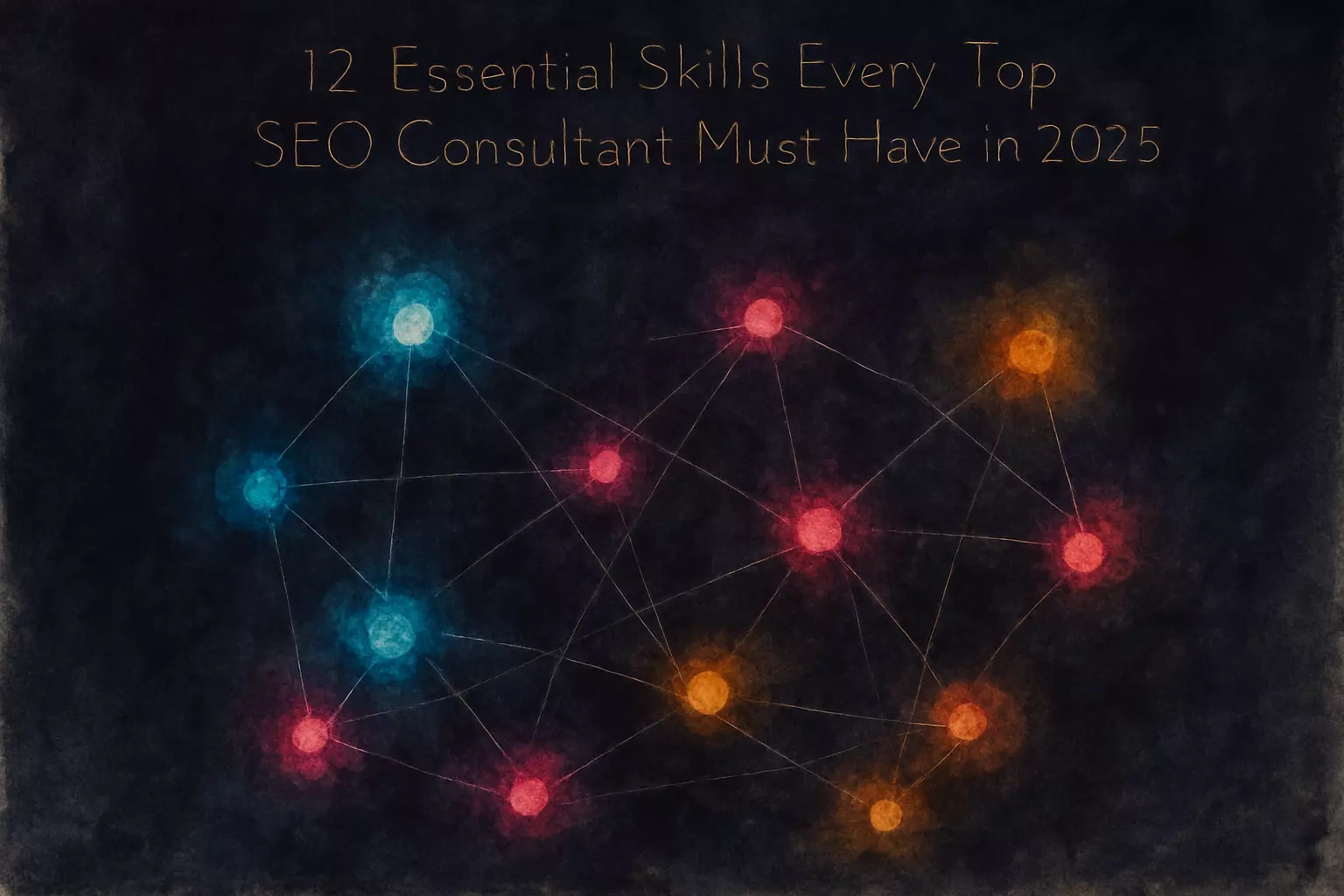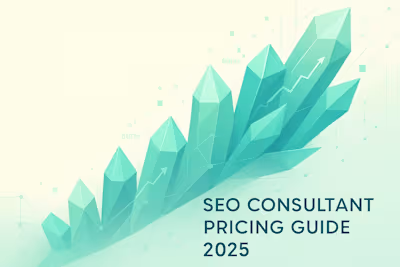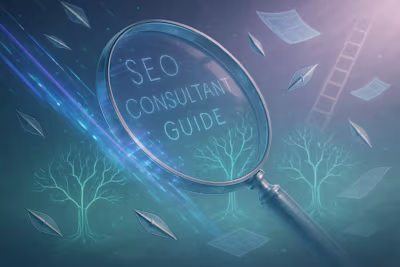12 Essential Skills Every Top SEO Consultant Must Have in 2025

12 Essential Skills Every Top SEO Consultant Must Have in 2025
Foundational & Technical SEO Skills
1. Mastery of On-Page, Off-Page, and Technical SEO
2. Proficiency with SEO Tools
3. Understanding of HTML, CSS, and JavaScript
Analytical and Strategic Skills
4. Strong Analytical and Data Interpretation Skills
5. Strategic Thinking and Business Acumen
6. Critical Thinking and Problem-Solving
Content and Communication Skills
7. Content Strategy and Optimization
8. Understanding of User Experience (UX)
9. Excellent Communication Skills
Adaptability and Soft Skills
10. Adaptability and Eagerness to Learn
11. Project Management
12. Emotional Intelligence and Empathy
Conclusion
References
12 Essential Skills Every Top SEO Consultant Must Have in 2025
Foundational & Technical SEO Skills
1. Mastery of On-Page, Off-Page, and Technical SEO
2. Proficiency with SEO Tools
3. Understanding of HTML, CSS, and JavaScript
Analytical and Strategic Skills
4. Strong Analytical and Data Interpretation Skills
5. Strategic Thinking and Business Acumen
6. Critical Thinking and Problem-Solving
Content and Communication Skills
7. Content Strategy and Optimization
8. Understanding of User Experience (UX)
9. Excellent Communication Skills
Adaptability and Soft Skills
10. Adaptability and Eagerness to Learn
11. Project Management
12. Emotional Intelligence and Empathy
Conclusion
References
Posted Jun 15, 2025
Hiring an SEO consultant? Ensure they have these 12 critical skills, from technical SEO and data analysis to strategic thinking and communication. Your guide to finding a true expert.









